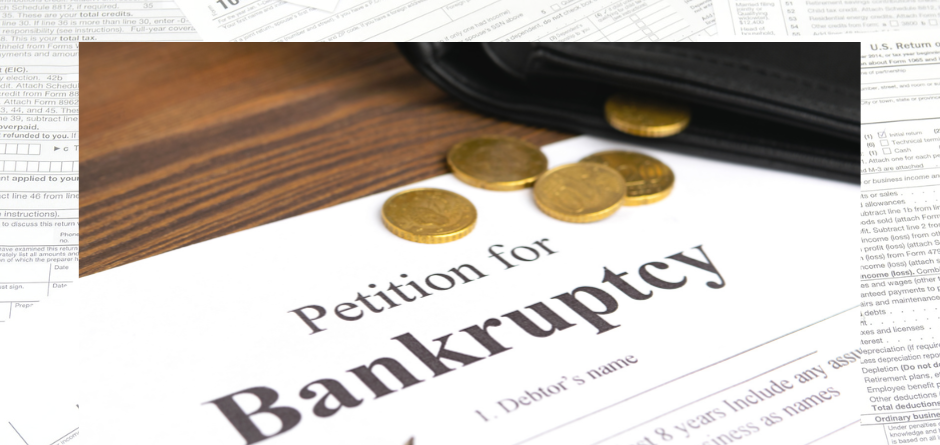You need to know your federal tax obligations during Chapter 13 Bankruptcy.
Know Your Tax Responsibilities During Bankruptcy. Chapter 13 bankruptcy is only available to wage earners, the self-employed, and sole proprietor businesses.
In a nutshell, bankruptcy is typically a last resort for taxpayers to get out of debt. Chapter 13 is the usual type of bankruptcy for individuals as this segment of the bankruptcy law allows individuals and small business owners in financial trouble to repay their creditors.
Know your tax obligations while filing for Chapter 13 bankruptcy:
- Taxpayers must file all required tax returns for tax periods ending within four years of their bankruptcy filing.
- During bankruptcy, taxpayers must continue to file or get an extension of time to file all required returns.
- During a bankruptcy case, taxpayers should pay all current taxes as they come due.
- Your failure to file tax returns and pay current taxes during bankruptcy may result in the dismissal of the case. It can be converted to a liquidating bankruptcy chapter 7, or the chapter 13 plan may not be approved.
You should also know the following:
- If the IRS is listed as a creditor in their bankruptcy, the IRS will receive electronic notice about their case from the U.S. Bankruptcy Courts.
- A taxpayer filing bankruptcy due to overdue federal tax debts may need to increase their withholding or estimated tax payments.
- People can receive tax refunds while in bankruptcy. However, refunds may be subject to delay or used to pay down their tax debts. Taxpayers can see if their refund has been delayed or offset against their tax debts by going to the Where’s My Refund tool or contacting the Centralized Insolvency Operations Unit.
Other types of bankruptcy:
- Partnerships and corporations file bankruptcy under Chapter 7 or 11 of the bankruptcy code.
- Individuals may also file under Chapter 7 or 11.
- Other types of bankruptcy include Chapters 9, 12, and 15. Cases under these chapters of the bankruptcy code involve municipalities, family farmers and fishermen, and international cases.
Knowing your tax responsibilities during bankruptcy is important when meeting with your bankruptcy attorney Discuss your tax obligations with Jeffrey Schneider, EA, CTRS, ACT-E, is available to chat about your impending or current bankruptcy. Book your appointment online https://go.oncehub.com/SFSTax or request an appointment here, https://sfstaxacct.com/request-appointment/.
#backtaxes #currenttaxes #bankruptcy #taxjam #effreyschnneiderea #IRS


